Out of 34 competitive applications across the UW–Madison campus, Chelsi Almodóvar-Rivera was one of three students selected for the newest CBI program cohort.


Out of 34 competitive applications across the UW–Madison campus, Chelsi Almodóvar-Rivera was one of three students selected for the newest CBI program cohort.
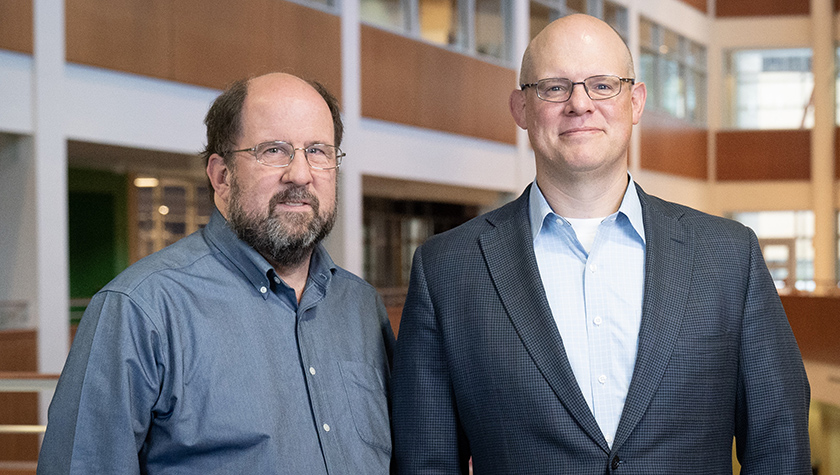
Newly published research explores the impact of antibiotic prescription reviews in nursing homes.
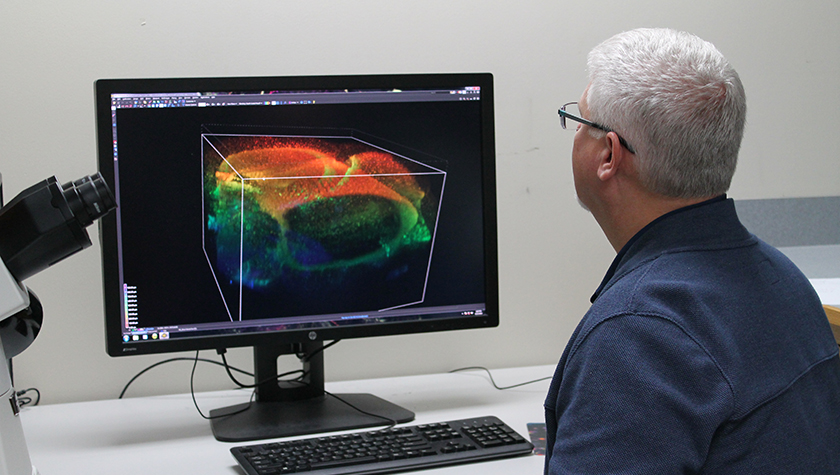
With new NIH support, Assistant Professor Michael Taylor explores the molecular signals that help build a protective layer between the brain and the rest of the body.

Award recognizes outstanding research that has made sustained contributions to the quality of patient outcomes. The American Association of Colleges of Pharmacy (AACP) will recognize Professor Betty Chewning in the Social and Administrative Sciences Division …

Zhenxuan Chen recognized for innovative research in understanding the structure of molecular glasses By Stephanie Blaszczyk Over 1,000 abstracts were submitted to the 2019 American Association of Pharmaceutical Scientists (AAPS) PharmSci360 Conference in San Antonio, …

Professor Lian Yu studies how molecules pack in materials to design better drug formulations, cell phone displays and more. By Jill SakaiPhotos by Sally Griffith-Oh Glass has many practical uses: windows, optical fibers, computer screens—and …

Susanne Barnett leads prescribing interventions for patients leaving the hospital By Andrea Mongler Associate Professor Susanne Barnett (PharmD ’04) in the Pharmacy Practice Division of the University of Wisconsin–Madison School of Pharmacy is passionate about …
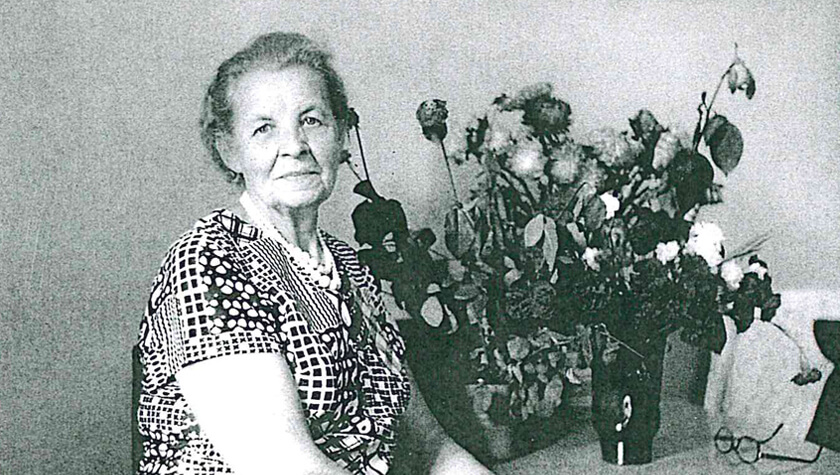
Anna Apinis’ healthcare career inspires her son to endow a professorship at the School of Pharmacy By Katie Ginder-Vogel When Anna Apinis emigrated from Latvia with her family during World War II, she had to …
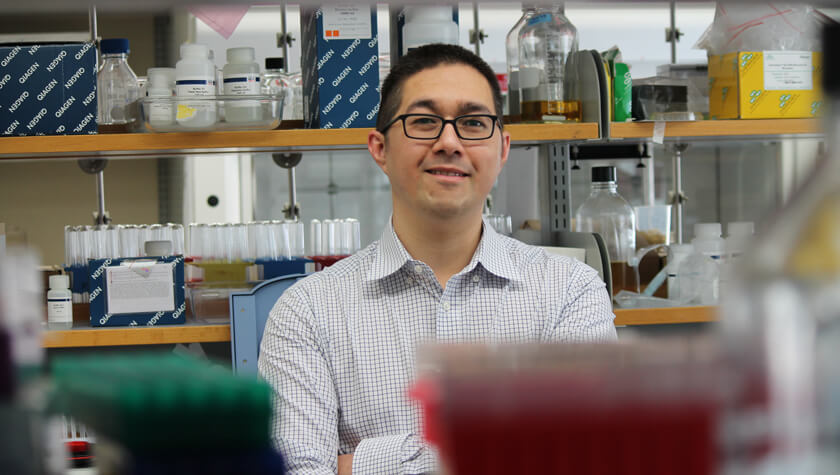
By Eric Hamilton This article originally appeared on UW–Madison’s news page. Life is tough if you’re a beetle. Things want to eat you, and you can’t much stop them. You’re very small in a big, big …
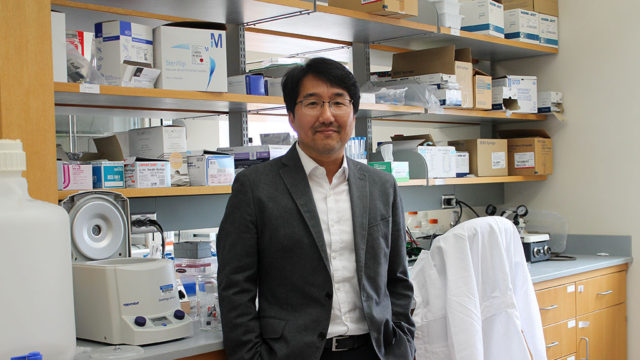
By Eric Hamilton This article originally appeared on UW–Madison’s news page. University of Wisconsin–Madison researchers have developed nanoparticles that, in the lab, can activate immune responses to cancer cells. If they are shown to work as …